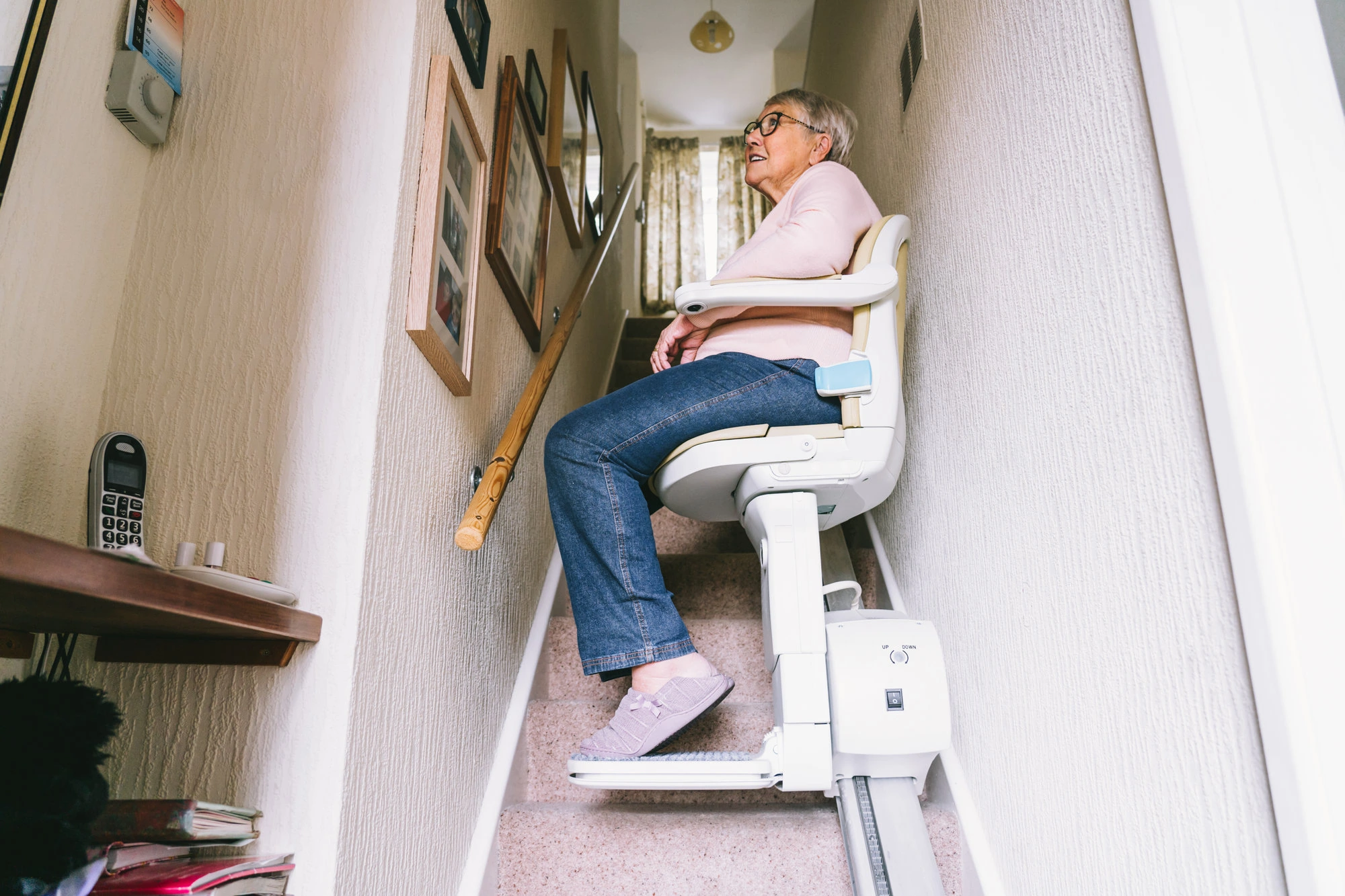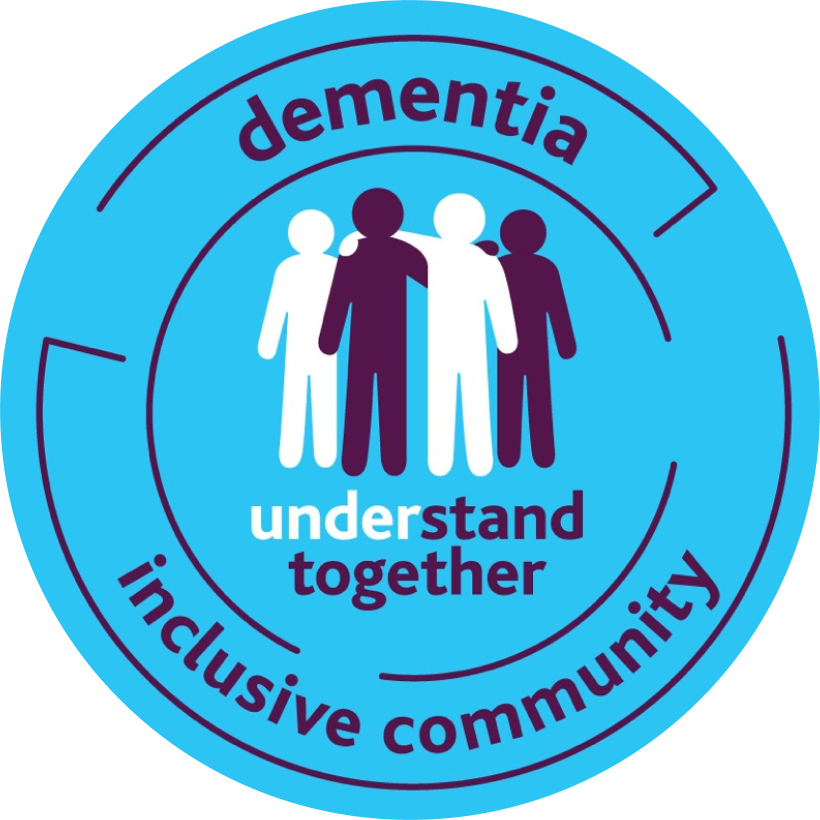Palliative care is a medical approach and treatment that improves the quality of life for people with life-limiting illnesses.
This type of care approach focuses on the prevention and relief of pain while also assessing and treating other physical and psychosocial problems.
It aims to enhance the quality of a person’s life and positively influence the course of an illness. It is also of great support to other family members by helping them cope with their loved one’s condition, and help them navigate the complicated feelings and questions that arise along the way.
Such times are extremely difficult for all involved, but introducing palliative care helps provide gentle compassionate care and ease individuals through what is a traumatic time.
Palliative care treatment begins quite soon after diagnosis and it’s important to note that many people can live for years while being treated under this type of care.
At-home palliative care provides support in several ways including:
- Managing the ongoing treatment of illness
- Managing pain and other physical and emotional symptoms
- Helping individuals with washing, dressing and meal preparation
- Providing spiritual and emotional guidance and support
- Aiding family and friends through difficult times
A palliative care team will usually include your doctors, community nurses, social worker, carers, and sometimes a counsellor or psychologist and other charity and support groups. Your care will be coordinated by the HSE Community Palliative Care Team and usually, your GP or Public Health Nurse will refer you for this specialist type of care. Your family, loved ones and friends also play an important role during this time and you should involve them as a support to you also.
Always remember that your team should support your wishes, speak up and be vocal about what is important to you and be upfront about the kind of aid you want on the journey.
There is no specific point when palliative care should be introduced. However, experts say the earlier you seek such help the better.
Life-limiting conditions often share some common symptoms including fatigue, loss of appetite and pain, but every illness is different and a plan will be introduced that is tailored to your specific needs.
In practice, palliative care is often split into five stages. Understanding each stage is crucial for both clients and their family members.
Stage 1: Care Planning
The first stage is the creation of the palliative care plan. All of the medical professionals involved in your treatment will meet with you to detail what services you need immediately and what resources you will require in the time ahead.
The plan will investigate and judge:
- The current and future plan
- Medicines needed
- Expected progression of illness
- Care preferences such as choosing to avail of home care
The Irish Hospice Foundation have many useful tools that you can download for free to help you make sure that your wishes and preferences about your health and social care are known and respected. You can also create an advanced healthcare directive using these tools or assign an assisted decision-maker to help you make decisions if you are too unwell to do so.
Stage 2: Emotional Preparation
Emotional support and preparation is a significant aspect of the palliative care process.
Whether this is in the form of a counsellor or spiritual advisor, this service will help you to prepare for what’s ahead.
Stage 3: Early-Stage Care
Your medical team will ensure that the care implemented will help you to live independently for as long as possible.
At this stage of palliative care, home care services may be set up. Specialist equipment may also be installed such as adjustable beds and nebulisers if you experience symptoms like shortness of breath. The care team at Hibernia will support you with personal care, and household duties and provide comfort and reassurance with dignity to enable you to maintain as much of your independence as possible.
Stage 4: Later-Stage Care
In the later stages, you will see your palliative care team implement more robust, late-stage care options. At this time, it’s wise to begin considering your continuing care options such as hospice care, residential care or live-in care or an increase in your existing home care package.
If you choose to continue with a home care plan, additional hours, live-in care and increased support will be discussed with you and put in place if needed. At Hibernia, we will work closely with the palliative care nurses, public health nurses, your family and other supports to ensure you receive the support you need.
At stage 4, end-of-life care begins.
Stage 5: Supporting Family Members and Loved Ones
Throughout your care, the palliative care team will offer bereavement and emotional support to family members and loved ones.
Comfort
All in all, palliative care can ease pain and help you reach physical and emotional comfort. From there, you can then focus on spending meaningful time with your family and loved ones.
At Hibernia, our expert care team can make things a little easier. We are dedicated to providing you with nothing but the best help and support. Outside of pain management and other needs, our team can provide light housekeeping, companionship and calm, emotional support.
Our experienced carers work alongside the community hospice team and become familiar and consistent faces through difficult times.
Always remember, we are here to help you and your family at every step.
If you have any questions or queries about our palliative care services please contact us now by phoning (01) 524 0242 or emailing [email protected]





